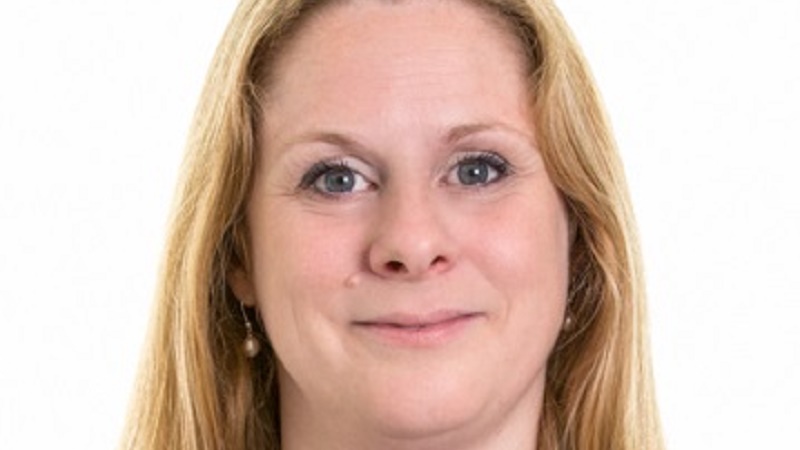The implementation of Mifid II in January 2018 increased the range of responsibilities for investor relations (IR) teams as investors engage with issuers directly.
In this context, it is vital IR programmes are as effective and efficient as possible. Seismic regulatory change has shifted the ground beneath IR teams. They are under ever-greater pressure as disintermediation is on the rise and investors are increasingly calling for direct engagement.
At the same time, sell-side research coverage has reduced, creating a need for IR professionals to take a more proactive approach. This is creating a perfect storm when it comes to demands on time and resource.
Time pressures
Our latest survey of IR professionals from the UK’s 350 largest companies shows 44% see the limited resource available to them as their primary concern, up from just 14% in 2017. The squeeze on resource was felt more acutely among companies in the FTSE 250, who typically have smaller budgets and IR teams.
This is of particular concern for mid-caps, since it is smaller companies that are typically receiving less sell-side coverage. For companies in both the FTSE 100 and 250, resourcing and time management are inherently linked and a change in one affects the other.
The implementation of Mifid II has increased the range of responsibilities IR teams must take on as the support investor relations officers (IROs) receive from brokers has reduced. As a result, 31% of respondents reported time and management as a concern.
More direct interaction with investors, and an increasingly proactive approach to arranging investor roadshows has placed IROs under greater pressure: 32% of IROs identify the growth in direct meeting requests from investors as a key challenge.
Indeed, analysis reveals average IR teams held 24% more meetings with investors in 2018 than 2017.
The typical company in the UK 350 now conducts 328 investor meetings per year, up from 265 meetings in 2017. This means prioritisation of investor meetings should be based on thorough and impartial analysis of shareholders and prospective investors, marrying both quantitative and qualitative analysis. In this context, and with budgets likely to rise further, we expect a greater – albeit selective – use of outsourced consultancies.
Bigger budgets
The increased burden on IR teams has led to larger budgets. Half of all IROs have seen their budget increase since Mifid II. This is slightly more prevalent among the FTSE 100 (53%) than the 250 (47%), while 26% of companies have increased headcount within the IR this year. Nonetheless, rising concerns over resource suggest even these bigger budgets have proved insufficient to cope with demand.
As IR teams adapt to the post-Mifid II world, it is more important than ever they use their available resource as strategically as possible. This means having the right analysis, targeting and support to prioritise and plan meetings, and focus their communications effectively.
Forward planning
Perception studies are growing in both popularity and importance, commissioned to provide companies with intelligence on market sentiment and the effectiveness of their IR programmes, in order to shape future communications. Fifty-nine per cent of FTSE 350 respondents now run independent third-party perception studies every 12 to 24 months, climbing from 50% in 2017.
However, many companies are unsatisfied with the quality of the targeting reports they receive, and 38% of respondents said they would like more information on existing investors to shape their engagement. Worryingly, only 12% of issuers say they understand their investors’ target price in relation to their stock. They cannot afford to fly blind.
With reduced support from the sell-side, IR teams need to be able to prioritise meeting the correct investors and analysts, building their market intelligence, all while shaping a corporate message appropriate to their company.
Alison Owers (pictured) is EMEA chief executive at Orient Capital











